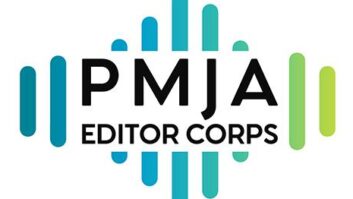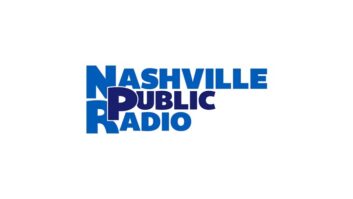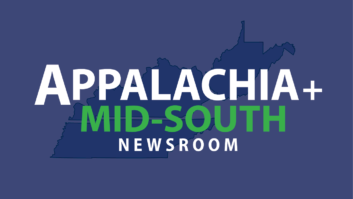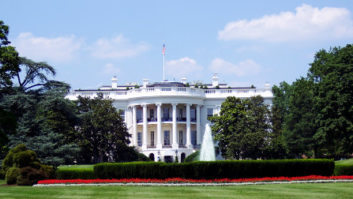The specter of the public inspection file fine strikes again, this time at an AM station in Leesburg, Fla.
The Federal Communications Commission handed down a $15,000 penalty to Rama Communications for apparently violating rules regarding maintenance of and access to its public inspection file. The situation was brought to light by actions of a listener who was denied the opportunity to view the public file by station staff, while the broadcaster says this was a disgruntled job seeker looking for payback.
It’s the kind of incident that presumably can soon be avoided in this dawning era of online, rather than physical, public files.
The thread dates to November 2010, when the Enforcement Bureau fined Rama Communications, licensee of WQBQ(AM) in Leesburg, for violating its main studio and public file rules. At that time, the licensee was handed a $25,000 fine with a warning: “Future violations … may result in more severe enforcement penalties,” the commission said then.
When WQBQ filed an application for renewal in September 2011, it certified that its public file was complete, according to an FCC account of the case. But three months later, Robert E. Boris visited to access its public file. According to a Petition to Deny he later filed, Boris was denied access to the files and treated disrespectfully by station staff. Boris returned that afternoon, as requested by station staff, and reviewed the file. He reported in his petition that he found it deficient in many significant respects and was denied an opportunity to copy it.
In a statement filed in response, WQBQ said that this petition was “payback” for it not hiring Boris as an employee and that a staffer had asked him to return later because the person was on the air. The licensee also said that its public file was in proper order.
In its review, the commission reiterated that the rules require that a public file must be available for public inspection at any time during regular business hours, and that a licensee may not require that a member of the public make an appointment or return at another time to inspect the file.
The commission also said that the file was missing key information, including information related to its authorization, its most recent ownership report, a political file, letters and email from the public, and all issues/programs lists, among other items.
As a result,it admonished WQBQ for falsely certificating in its application that its public file had been updated throughout the license term, when in fact it was not.
The commission’s policies establish a base forfeiture of $10,000 in cases such as these, though it can adjust the amount based on circumstances. In this case, it said, the station had denied a member of the public access to the file and refused to make it available for copying as required. The licensee offered no evidence that the station ever had any issues/program lists or other required items during its license term — meaning it apparently violated the rules repeatedly, the commission said. And again, this was not Rama’s first run-in with the commission.
In the end, the FCC increased this fine to $15,000. The licensee has 30 days to pay or seek to have it reduced or cancelled.
Also, though the FCC said these violations were “serious” — because they denied the public and the commission any opportunity to review and comment on its programming during an entire license term — the FCC did not consider refusing to renew the license outright. However, it did limit WQBQ’s new term to a period of two years so that the commission could review its compliance earlier.







